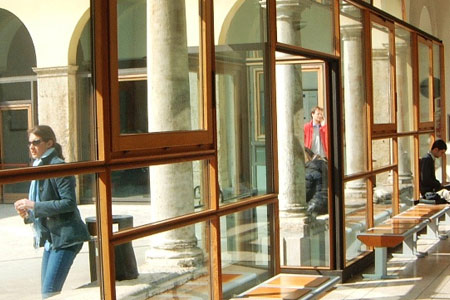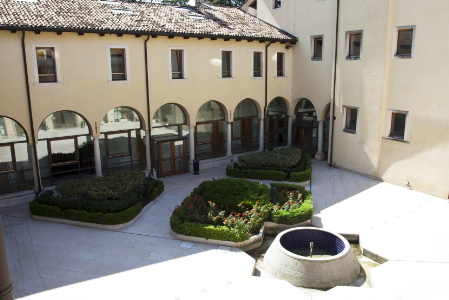The project aims to elaborate an interdepartmental research with a view to monitoring the intergated European judicial system. The research wil analyse the degree of protection of the fundamental rights afforded by the legal rules,by administrative and judicial organs, in the relevant legal systems (national and supranational). Special attention will be devoted to a comparative analysis of the Italian Costitution and of the European Charters (EU Charter of Fundamental Rights, the European Convention on Human Rights), as well as to the interpretation and application of such rights by the national and supranational courts (the European Court of Justice, the European Court of Human Rights).
The research activity of the present unity concerns the incidence of European Paper of Rights in the field of private law.
The European Paper of Rights, infact, is destined to orient the activity of every juridical operator, so that it seems almost superfluous to underline the interest that the judge, the lawyer and the scholar must address, at once, to this text.
Besides, indeed, the purpose – already very significant by itself – to reaffirm and make visible the fundamental juridical situations upon which the Union’s legitimacy is founded, and whatever is the value we intend to recognize to the document, it is sure that it contains principles of private law whose importance is already operative in the activity of who has to resolve a conflict, to value an interest, to balance values.
This study program intends therefore to be interested both in the content of traditional rights, as updated by the Paper in order to be adequate with the new interests, and in the new juridical situations recognized and protected in it, as well as to examine the incidence of that fundamental rights in the field of private law.
The interesting points are different and they concern, under the first aspect, the Freedom of enterprise (art. 16), inclusive of the freedom of practise an economical or commercial activity, of the contractual freedom and of the freedom of competition, and the Right of property (art. 17), recognized according to a model which, likewise that one established in our Constitution, reconciles the individual’s exigencies with the community’s ones; under the second aspect, instead, we will take into consideration, besides the attention to the new subjectivities (Rights of the child [art. 24], Rights of old people [art. 25]), also the recognition of collective values (Environment’s protection [art. 37], Consumers’ protection [art.38]), as well as the Personal data’s protection (art. 8), which surely will bear upon the European regulation of privacy in Internet.







